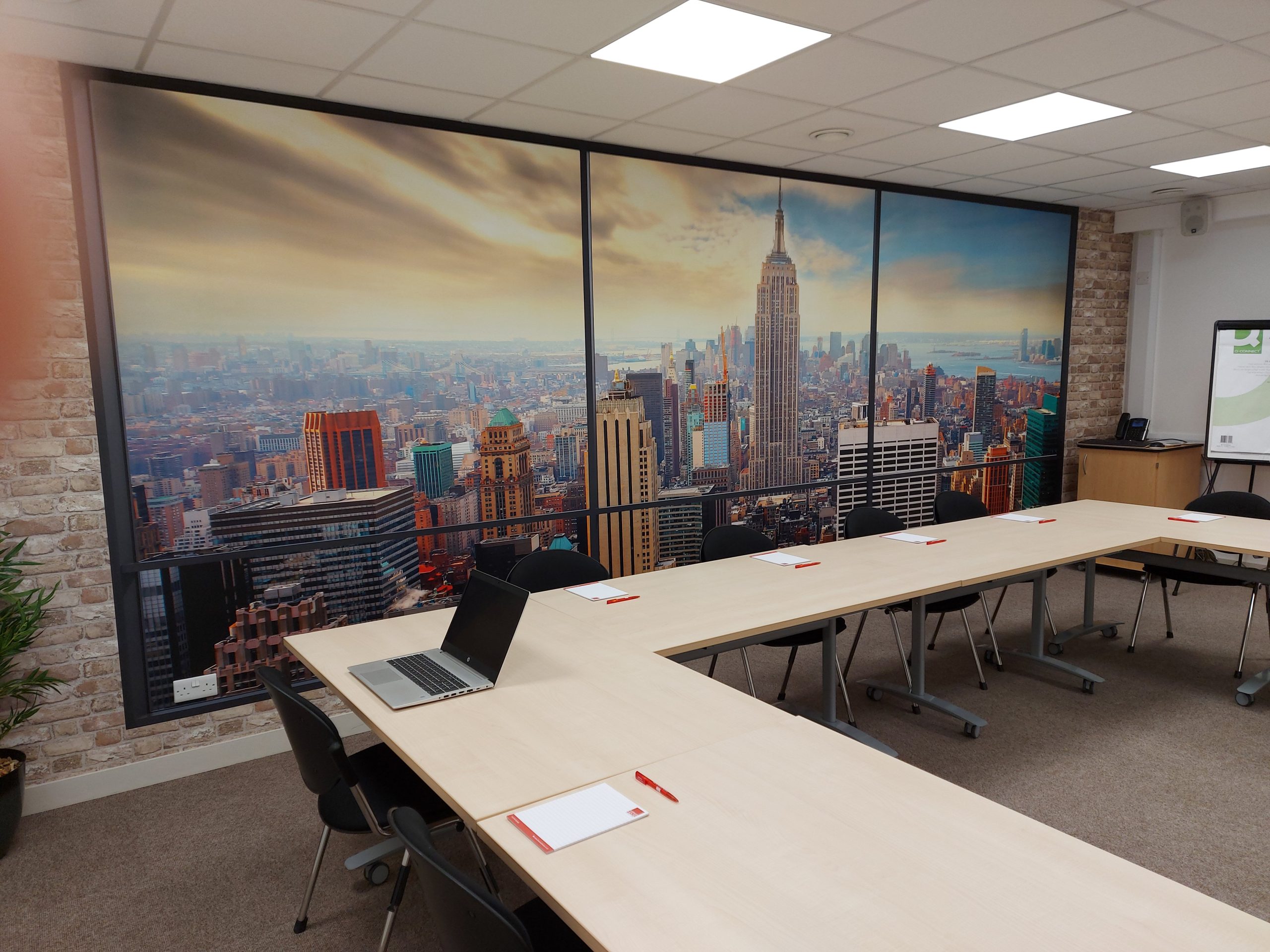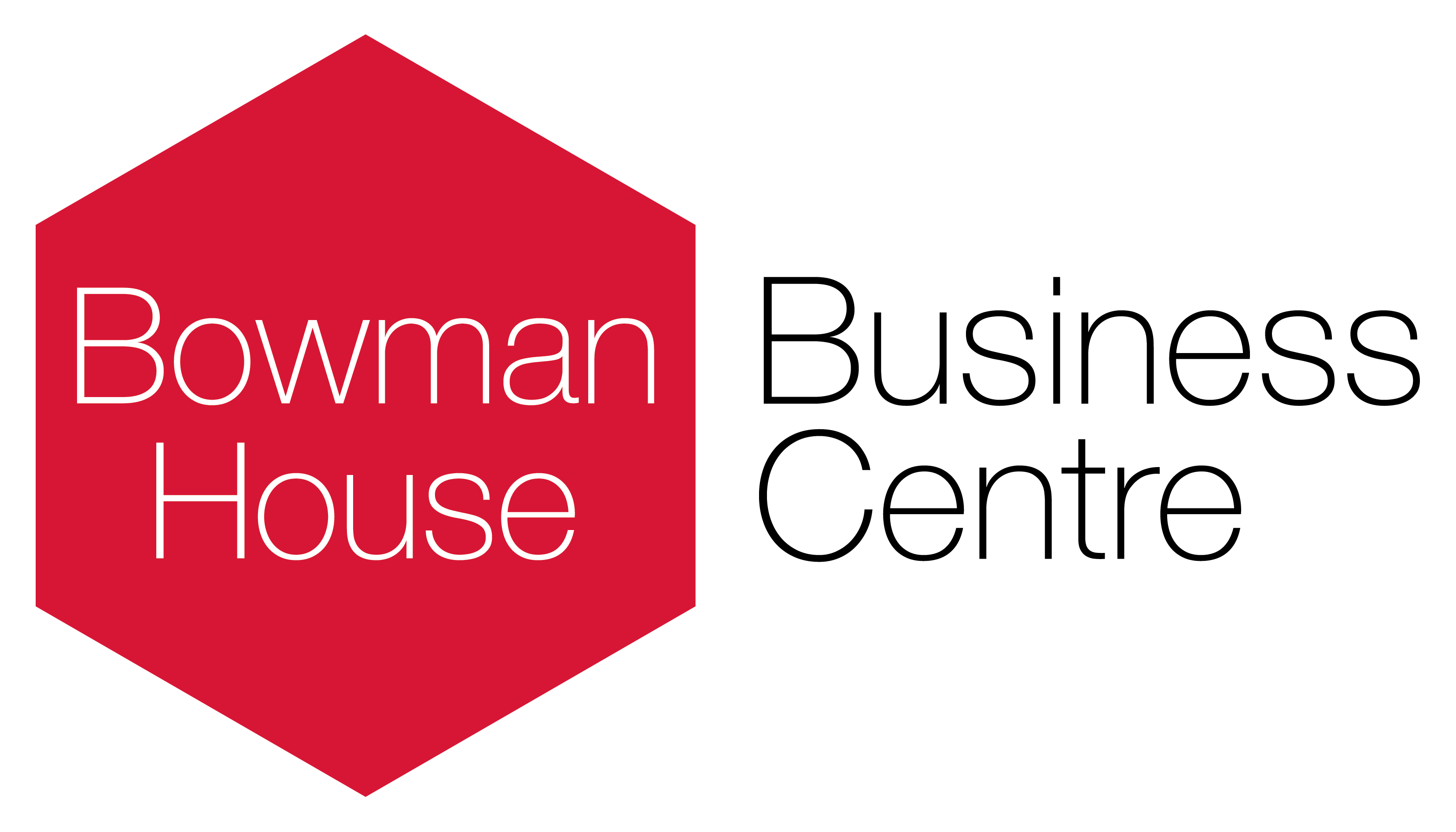Hybrid working: is it really the future of work?

Hybrid working: is it really the future of work?
Hybrid working could be the future for many businesses, striking the ideal balance between structure and adaptability, togetherness and independence.
During the pandemic, working from home was essential for vast numbers of employees, and where remote working proved viable some organisations are now opting for a split between working remotely and in an office environment. Indeed, UK employees currently spend an average of 1.6 days per week in the office (down from 3.8 days pre-pandemic) and a recent report showed that hybrid job postings rose by 29% in the second quarter of 2023.
There are two main hybrid working models:
- Designated day
Employees come in for in-office meetings and collaborative projects on some days but stay at home to focus on individual work on others. This balanced approach offers the best of both worlds.
- Split workforce
Certain groups of employees always go into the office whilst others only work remotely. With a purely remote or purely office-based approach, however, either social or solitary tasks tend to suffer.
Before deciding if / how to split up your staff between home and office workers you should consider the following issues:
Mental health
Whilst working from home offers a better work-life balance with no need to commute, it’s easy to feel isolated without any real social contact. On the other hand, meeting colleagues at the office reduces loneliness but means a loss of relaxation time surrounding the working day.
Productivity
Different tasks are suited to different environments. Individual tasks such as writing reports can be completed more effectively when away from the distractions of the office, but collaborating on a project is easier in a shared workspace setting. Hybrid working allows you to carry out a full range of work in the most productive way.
Staying connected
Working from home without regular contact in person means that teams can quickly grow distant from each other, but with a mixture of days in and out of the office your staff will get the chance to bond and share experiences that keep them connected. This is important because better relationships between employees make for better job satisfaction, teamwork, and collaborative efforts towards the shared goals of your organisation.
Staff retention
Hybrid working can reduce the chance of staff leaving your organisation as a balanced, flexible split between remote and office work will make them feel their needs are understood and that they’re being treated fairly. Some staff may prefer to work either at home or in the office, so allow them the option to choose their own workplace, thereby making them more satisfied with the company and more likely to give back through their commitment and hard work.
At Bowman House Business Centre we have a range of serviced offices designed to expand or contract to suit your business. We have offices, suites and combinations starting at 1 desk and growing to 40+, as well as day offices and hot-desking, all with free on-site parking.
We also have meeting rooms with the technology to enable hybrid meetings between delegates both on-site and on-line.
Contact us to see how we can help your business to be truly flexible!




